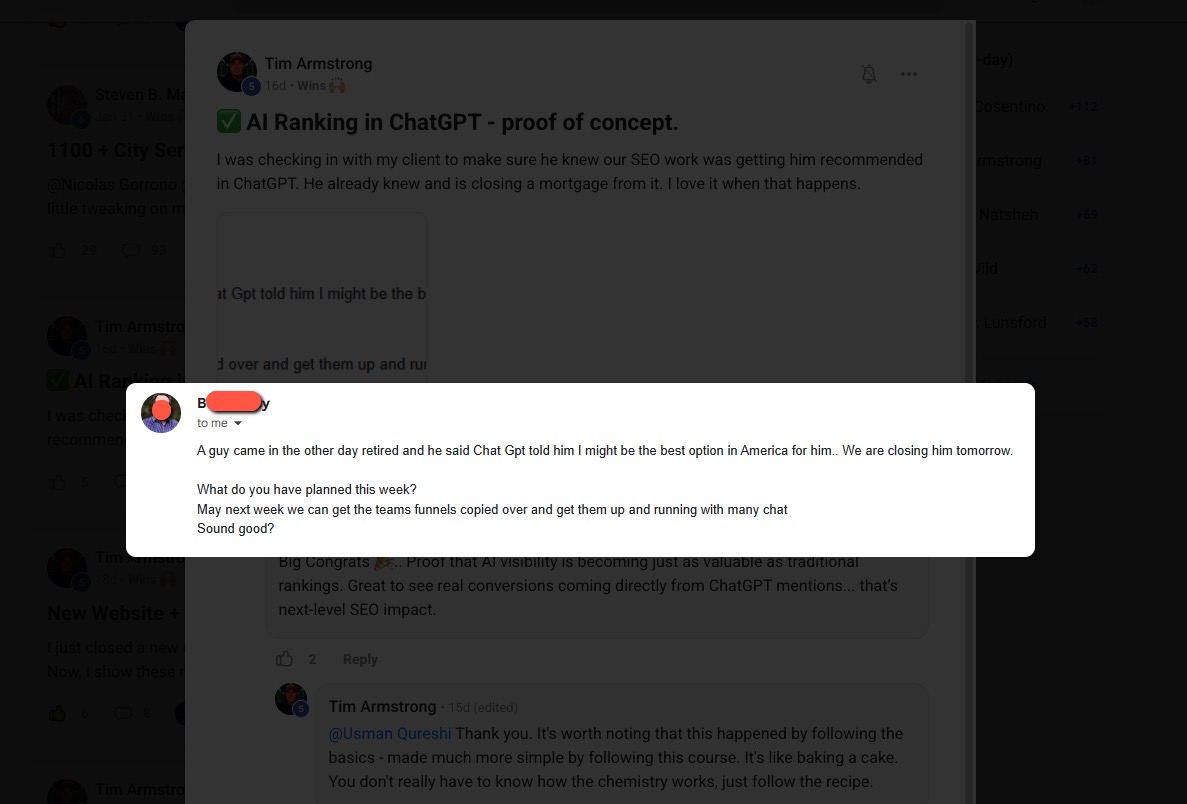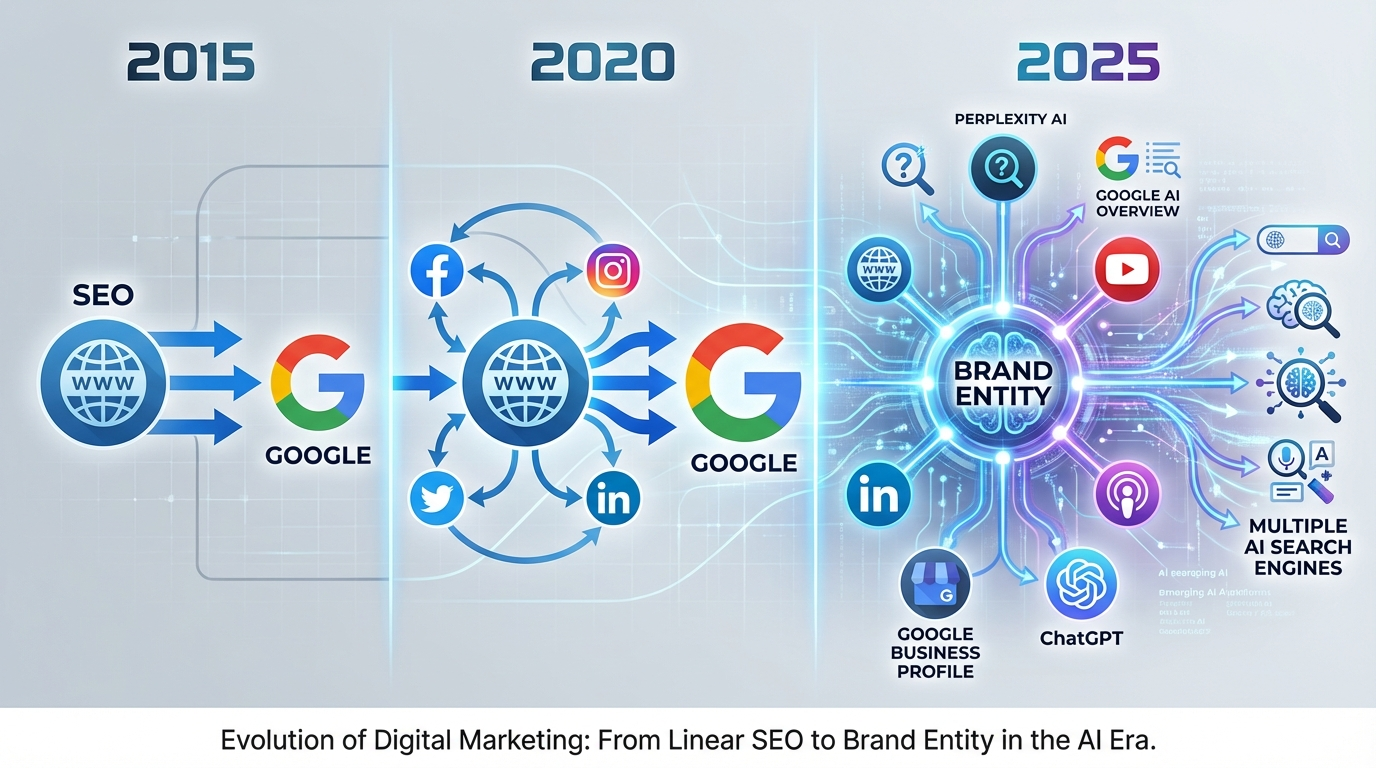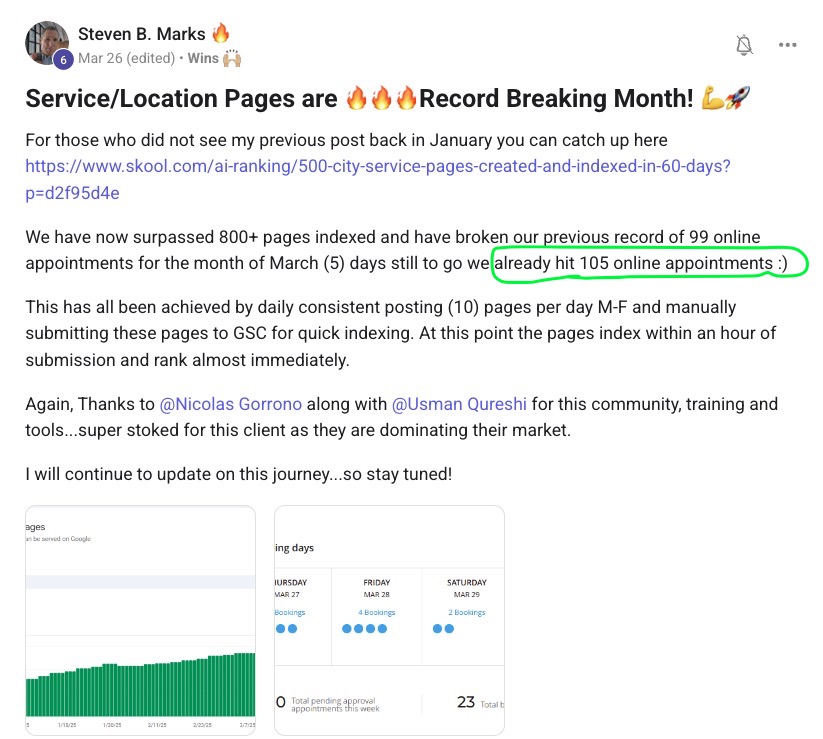
Leveraging AI for Keyword Research in 2025: A Smart Approach
I think by now, you probably know or feel that if you're not using AI to leverage nearly every aspect of your work, you're really missing out. And keyword research is no exception. In fact, I'd take it a step further and say that using AI for keyword research can really give you the edge and is something you should be doing today.
Why We Need Keyword Research
First off, let's understand why keyword research is fundamental. There are a few key problems that proper keyword research solves for us:
Finding the Right Keywords
Keyword research facilitates choosing the correct terms to focus on.
For example, we might think our audience is looking for "Professional dog training services," but when we do a little keyword research, we discover golden opportunities like "canine training services," which has nearly the same search volume but significantly lower competition. This allows us to get more bang for our buck with the work we do.
Matching User Intent
We need to ensure that the keywords on our pages actually match what users are searching for.
Consider this: if we're a SaaS company offering project management software, we might use terms like "project management software" or "professional SaaS project management software" on our page. But users might actually be searching for "office work task manager" or "office work task tracker tool."
These might seem like odd keyword choices, but if that's how your audience searches, you need to understand that through keyword research. It's all about how your potential audience is searching for your products or services.

Maximizing Keyword Research with AI
I hear this question a lot:
"Can I do keyword research with ChatGPT?" Or "Can you do keyword research with any AI tool?"
The answer is yes and no. You can do keyword research, or better yet, you can do keyword idea research with ChatGPT. We need to understand that fundamentally, GPT, Claude, and Gemini don't have access to keyword research data such as search volume, keyword difficulty, cost per click, and other metrics—so they won't give you that data.
What these models will give you is a really good idea of potential keywords to explore, which you can then verify have sufficient search volume. I prefer to use large language models as a way to organize keyword research into an easy-to-follow, step-by-step strategy.
The Problem with Traditional Keyword Research
Many people get stuck at the data collection stage. They're happy they purchased Ahrefs or SEMrush, they do loads of keyword research, and then... what next? That's where they get stuck.
How do you implement keyword research into a strategy? That's where large language models come into play.
A Practical Approach to AI-Powered Keyword Research
Step 1: Use AI Models to Generate Keyword Ideas
Before diving into data collection, start with AI to brainstorm potential keywords. This is where models like ChatGPT, Claude, or Gemini shine. You can prompt them with questions like:
"What keywords might someone use when looking for [your product/service]?""Generate alternative ways to describe [your offering]""What are niche-specific terms related to [your industry]?"
These models have been trained on vast amounts of internet content and can suggest terminology you might not have considered. For example, if you run a fitness studio, beyond obvious terms like "gym" or "fitness center," an AI might suggest "functional training space," "boutique workout studio," or "group exercise classes near me."
The key here is to cast a wide net and collect as many potential keyword ideas as possible without worrying about metrics yet.
Step 2: Gather Data to Validate Your Keywords
Now that you have a robust list of potential keywords, it's time to validate them with actual data.
You can use tools like Ahrefs, but lately, I'm preferring Data for SEO's API because they make things more affordable while maintaining high quality. I'll show you a video below where I demonstrate an automation that gets all the keyword research you need absolutely free, as Data for SEO is giving everyone (or at least my followers) $5 of free API credit, which is more than enough for what you need.
This step is crucial because it tells you which of your AI-generated keyword ideas actually have search volume, how competitive they are, and what their potential value might be.
Step 3: Make Sense of the Data
Once you have your data set, you need to make sense of it all. This is where large reasoning models come into play.
By giving the model background on what it's supposed to do with the keywords, it can transform the keyword "mumbo jumbo numbers" into actionable insights. Here's how:
- Give the large language model an understanding and background of the business it's working for (context)
- Provide it with your keyword research
- Ask it to tell you how to implement these keywords on your website
You can then have a productive back-and-forth conversation with the model. It might tell you how to better optimize your on-page SEO by integrating one keyword instead of another, because it now has the correct data to make a data-driven approach.
Summary: The AI Keyword Research Process
So fundamentally, we're using AI for three key purposes:
- Generate keyword ideas: Use large language models to brainstorm potential keywords without worrying about metrics
- Get data for those keywords: Use tools like Data for SEO to validate these keywords with actual search volumes, difficulty scores, and other metrics
- Organize and interpret the data: Feed that data back to reasoning models like OpenAI's GPT-4.5 or Claude 3.7 to organize and make sense of it all
Let the AI do the heavy lifting for you. That's the best way to do keyword research with AI in 2025.



.webp)



